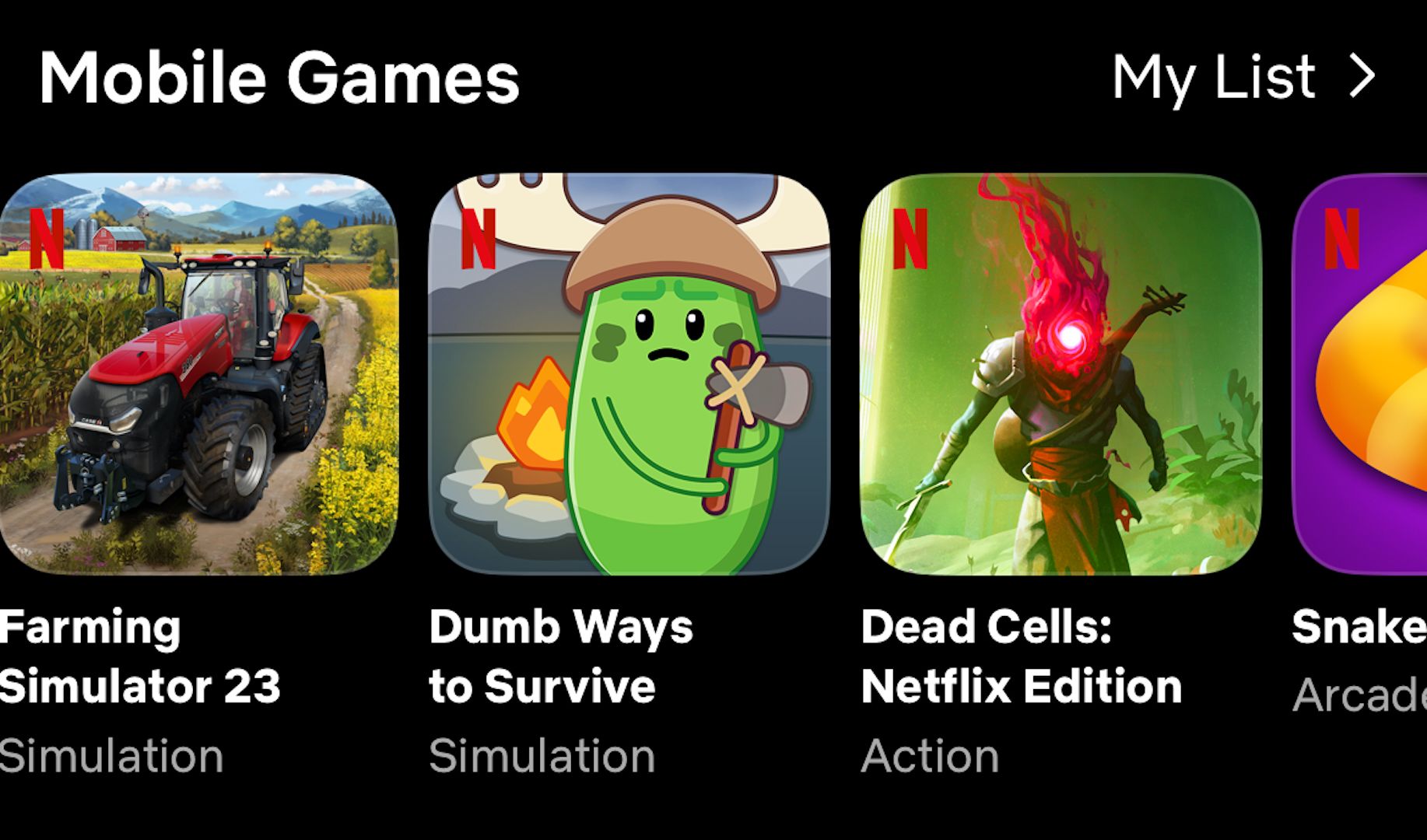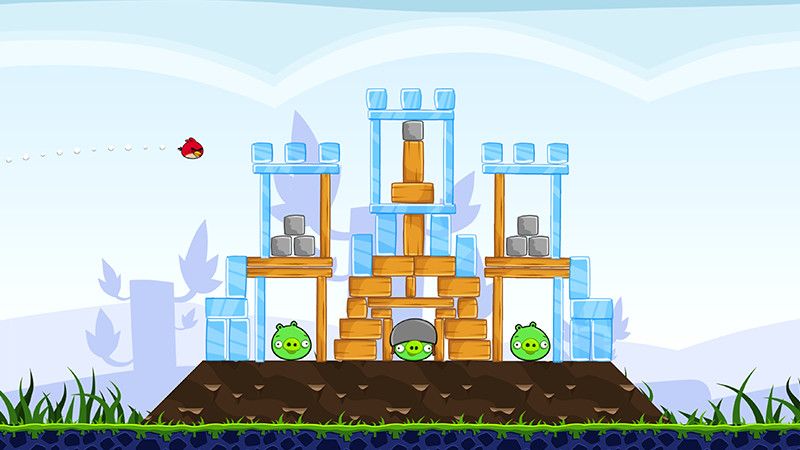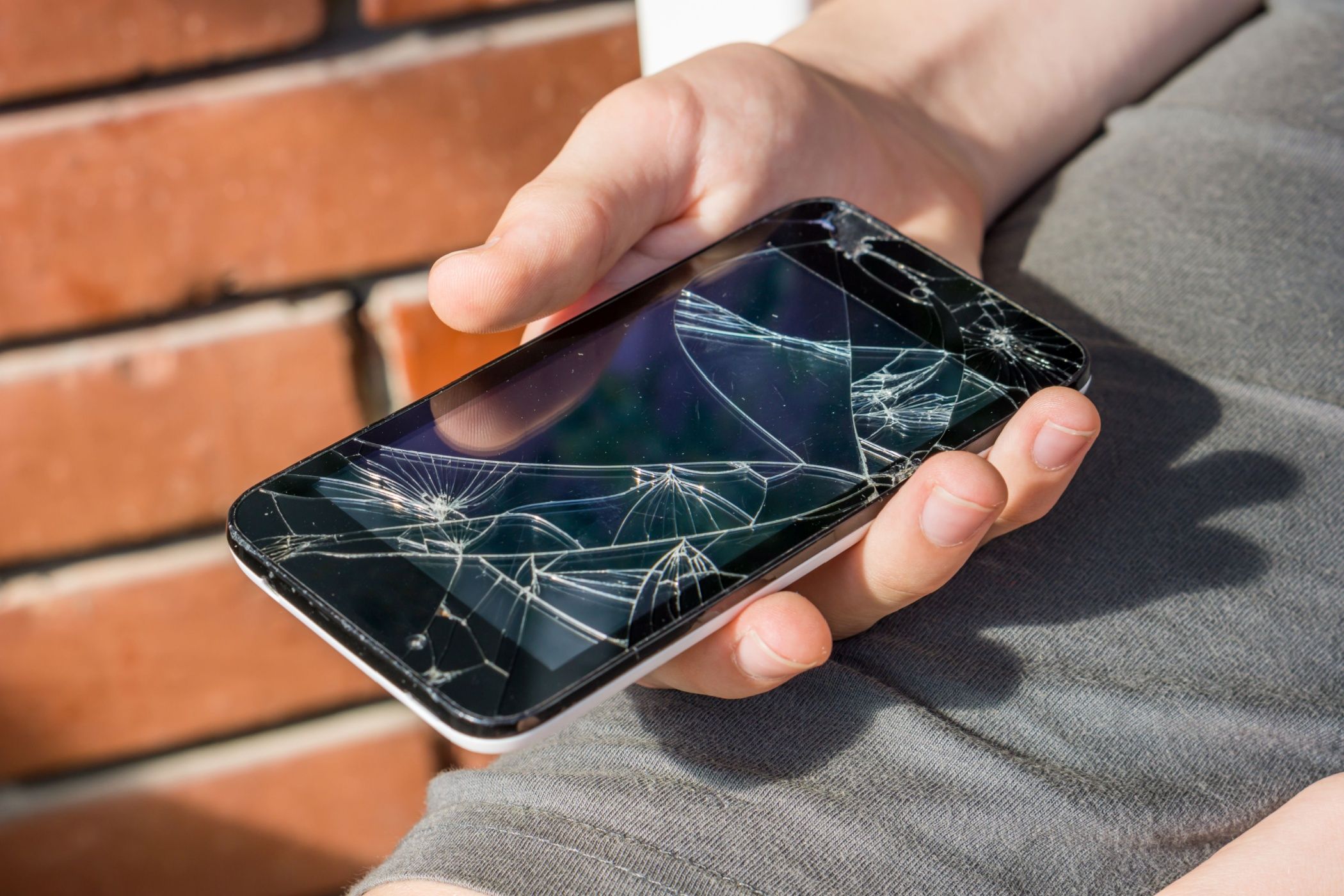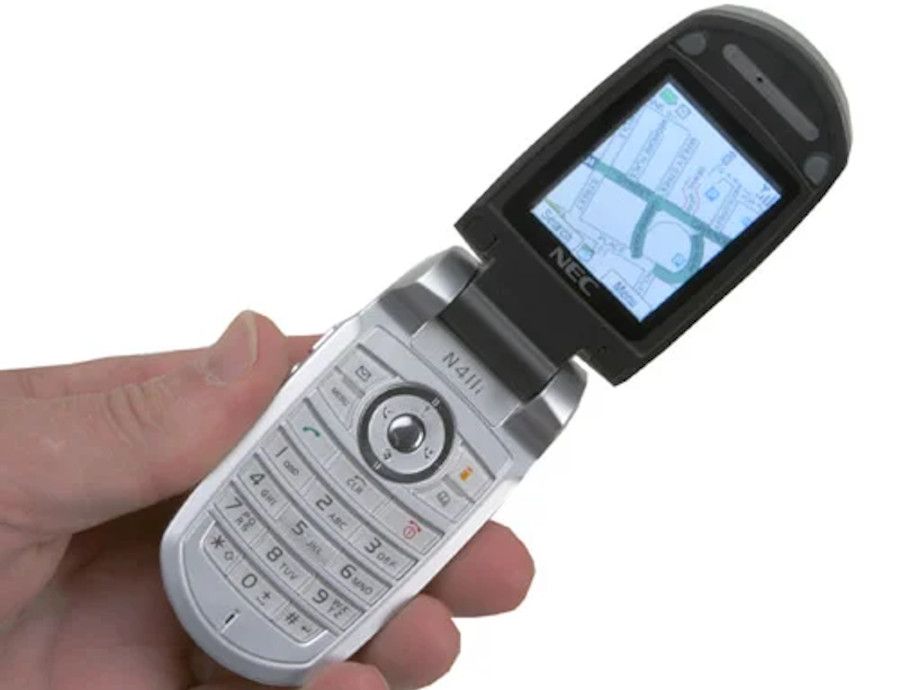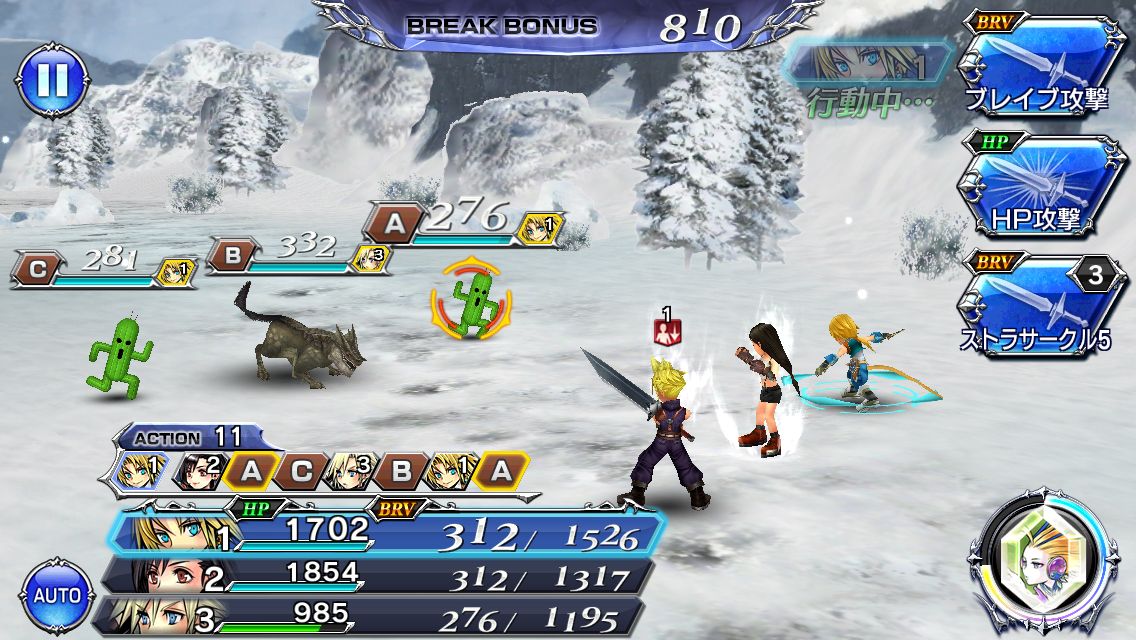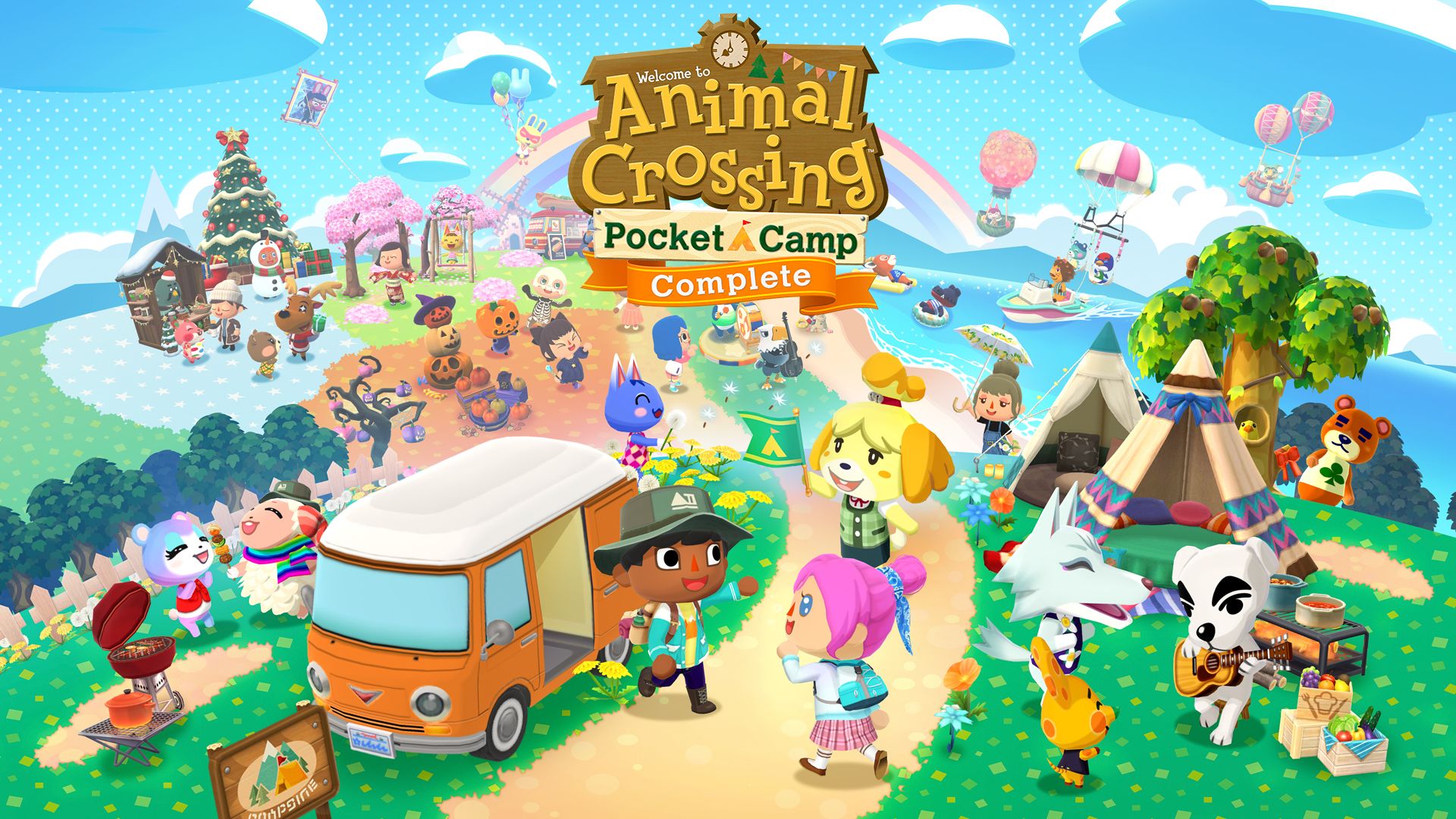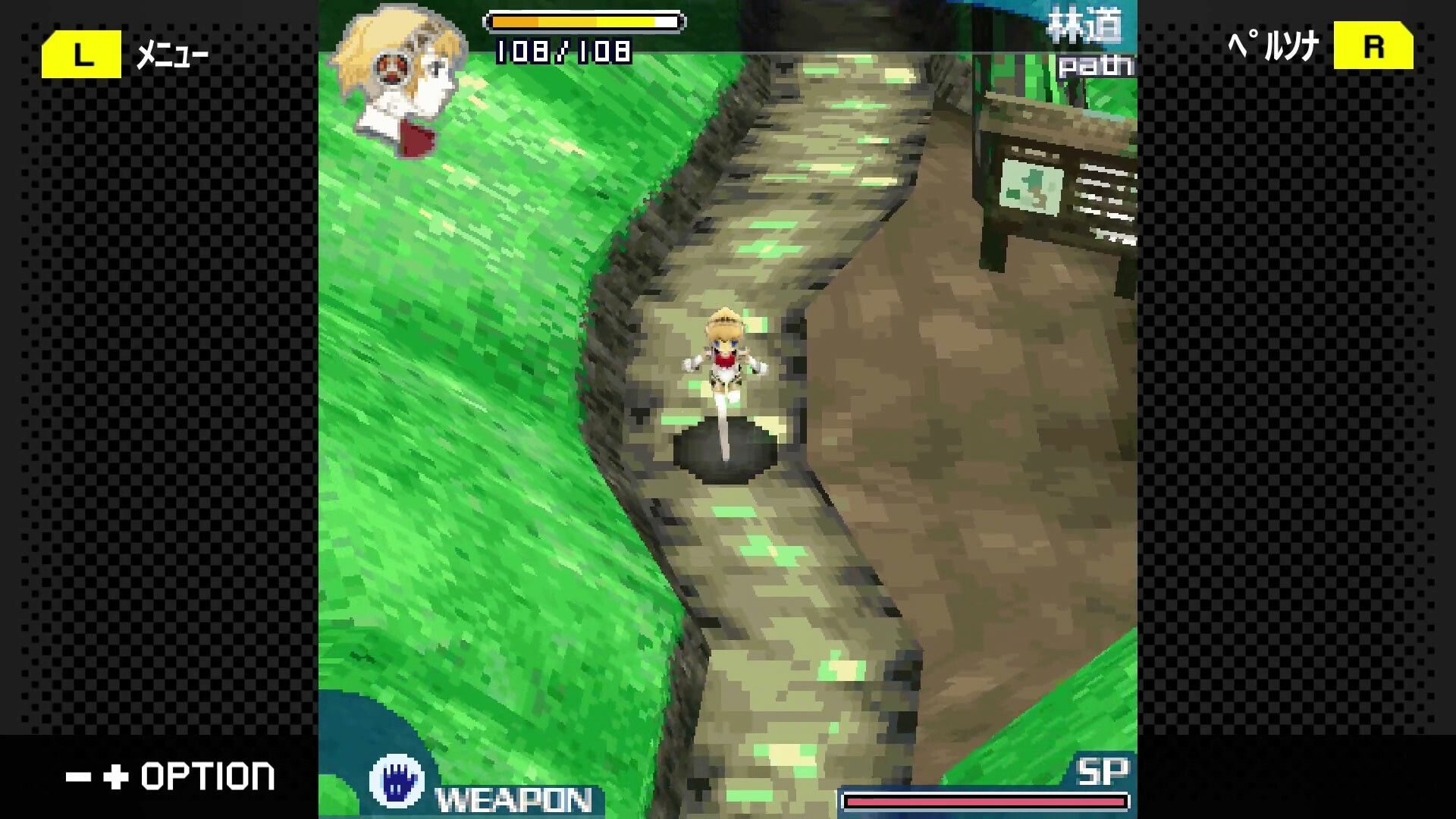Key Takeaways
- Mobile games are often overlooked for preservation despite their cultural impact and historical significance.
- Mobile game preservation faces challenges due to lack of official support, accessibility issues, and region-exclusive releases.
- Re-releases are crucial for mobile game preservation, providing playable versions of delisted games despite missing online features.
Fans and historians alike are actively working towards preserving console and PC games, but many mobile games are in immediate danger of disappearing altogether. Unfortunately, many have already been lost.
Mobile Games Are Underappreciated
Mobile game preservation is often overlooked, though it’s not difficult to understand why. Thousands of new mobile games are released on app stores every month, many of which are cheaply-produced shovelware or short-lived live service games. Even so, mobile games are worth preserving for a variety of reasons.
Video game preservation exists not only to ensure older games remain playable but also to maintain a record of gaming history. Mobile games are an important part of that history and have only become more prominent in recent years.
Games like Candy Crush Saga and Pokémon GO have had a massive cultural impact through their ability to entertain players of all ages, and many of these games have made billions in the process. Mobile games are ingrained in the modern gaming landscape, so they deserve more attention than they get.
Mobile games also provide a unique perspective on the evolution of portable devices. It’s easy to take this for granted when modern phones are able to run (or stream) console-quality games. Older games highlight the technical limitations of these platforms and the inventive ways mobile game developers worked around them.
These games aren’t all that impressive by modern standards, but their simplicity led to the creation of famously addictive time-killers, creative demakes of popular console titles, and genre-defining icons.
Over the years, mobile games have improved with better gameplay, graphics, and storytelling. We’ve reached the point that games like Fortnite and Genshin Impact are being released on consoles, PCs, and mobile platforms without any significant differences between versions.
However, there are hundreds of games of similar quality that are still stuck on mobile devices. By ignoring the preservation of mobile games, we’re losing titles that are just as important and relevant to the modern gaming story.
Preserving Mobile Games Is a Challenge
Preservation issues are abundant in all corners of the gaming industry, but the most severe cases are found in mobile games. Whereas console games are usually preserved through physical copies and emulation, mobile games aren’t as accessible. Few mobile games ever receive physical releases (more on that later), and finding devices that can still run older mobile games is becoming increasingly difficult.
The latter point is especially problematic for game preservationists. Even acquiring the original files for classic mobile games isn’t necessarly enough to revive these games in a playable state. Plenty of older mobile games were developed exclusively for devices that are no longer supported and aren’t available through emulation.
That isn’t just because of their age; many lost media games for mobile phones were region-exclusives, including hundreds that were only available for Japanese cellphones through internet services like i-Mode and EZweb.
Unsurprisingly, the publishers and developers behind these mobile games have done very little to aid in preservation efforts. Some games from indie developers have continually received updates that allow them to remain playable on modern devices, but most mobile games don’t get this treatment.
Early mobile games were designed to be simple time wasters or cheap cash grabs, and consequentially weren’t designed or updated for long-term preservation. As a result, most mobile game publishers don’t care if these older releases become lost media.
Despite the many complications involved in mobile game preservation, dedicated fans and historians are working to preserve as many of these games as possible. The bulk of these efforts have been led by online archives like Kahvibreak, non-profit groups like Hit Save!, and numerous fan-run recovery projects for beloved games that have been delisted from app stores.
While there’s still plenty of work to be done and numerous obstacles in the way of mobile game preservation—especially for region-exclusive releases—the small community surrounding these preservation efforts has ensured that the early mobile gaming era won’t be completely lost to time.
Unfortunately, modern mobile games are even harder—if not impossible—to preserve. More mobile games are adopting live-service models, but that also means that these games are far more likely to become lost media. Live-service games require a consistent connection to their servers to be played, but these servers will one day shut down and leave the games unplayable.
This problem is only worsened by the fact that many mobile games shut down within a couple of years after launching.
Without a way to access these games offline, preserving them might be impossible. However, while you might not be able to play these games after their servers shut down, fans have at least preserved their stories and soundtracks through videos on YouTube and other video streaming sites.
Mobile games that were lauded for their excellent writing and presentation but have since been shuttered, such as Nier Reincarnation and Dissidia Final Fantasy Opera Omnia, can still be enjoyed through these fan uploads. Cutscene compilations aren’t the ideal way to enjoy these games, but they’re better than letting every aspect of these games become permanently inaccessible.
Re-Releases Are Necessary for Mobile Game Preservation
Official support from publishers and developers is now more important than ever before. While recordings and documentation of mobile games are still incredibly valuable for video game preservation, it’s not the same as being able to keep these games in a functioning state. Thankfully, some developers are stepping up and providing ways for players to continue enjoying these games after their servers shut down.
Mobile game re-releases allow shuttered and delisted titles to remain available in a playable state. Most of these re-releases lack the online features of their original versions, but they provide a close enough experience for those looking to enjoy a specific game after its servers close.
Some popular mobile games like Angry Birds and Cut the Rope received physical releases for consoles and handhelds. While these ports provide a way to play these games after they’re delisted from app stores (both are still available to download at the time of writing), most players prefer to play these games on their phone for free rather than pay for a home release.
Mobile games still receive console ports today, but they’re usually identical to the original releases, down to the inability to play offline.
More recently, shuttered mobile games like Kingdom Hearts Union χ and Animal Crossing: Pocket Camp have returned to app stores as fully offline experiences. These re-releases lack some of the features from the original online-only versions, with Union χ replacing most of its gameplay with a cutscene gallery.
However, they ultimately allow fans to continue enjoying these games without an internet connection. These releases are also beneficial for developers, as they can keep these games accessible without the cost of maintaining servers.
Similarly, some developers have re-released older mobile games for newer devices. Gameloft Classics: 20 Years was a free compilation of 30 classic Java games from the early 2000s. The app originally launched in 2019 under the name Gameloft Classics: Prime Games Collection, but was renamed and made completely free in 2020 as a celebration of Gameloft’s 20th anniversary. It’s rare for mobile game developers to make any effort to keep their older games alive, which makes Gameloft Classics an incredibly important exception.
These releases aren’t just limited to popular games. Atlus recently ported Persona 3: Aigis the First Mission—a 2007 mobile prequel to Persona 3—on Steam, marking the first time the game has been playable outside of Japan or mobile devices in general. While this re-release is still only available in Japanese and suffers from a few technical issues that weren’t in the original version, it could hopefully set a new standard for the publishers of old and obscure mobile games.
Unfortunately, offline re-releases aren’t enough to prevent these games from becoming lost media. Both Kingdom Hearts Union χ and Gameloft Classics have been delisted from app stores, and the same will eventually happen to similar digital releases. Mobile games aren’t guaranteed to stay available forever, meaning it’s still up to fans to properly preserve these releases.
A Multi-Billion Dollar Industry of Disposable Goods
Mobile games have grown into one of the most popular and profitable gaming subgenres, yet they’re still treated as disposable goods. New mobile games are constantly churned out and shut down without much fanfare, and even the official attempts to preserve them don’t last for long.
It’s ultimately up to dedicated players to keep these games alive, but the abundance of technical limitations and questionable legal decisions involving game preservation is only making this harder for the small teams behind most unofficial archival projects. As with any other genre of video game, mobile games need to be preserved, but the industry needs to start changing its practices to make this possible.


